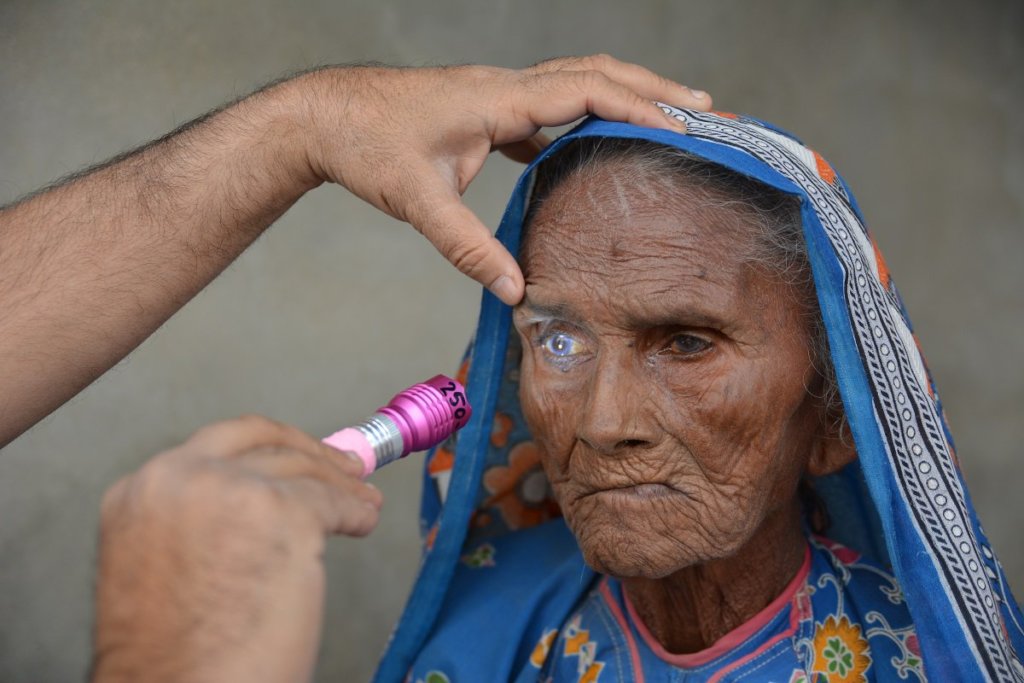By Aazer Durrani | Head of Marketing
Cataracts are the leading cause of blindness worldwide. Age is the most important risk factor for cataract. Almost one in five people between the ages of 65 and 74 develop cataracts severe enough to reduce vision, and almost one in two people older than 75 years have this disease. In Pakistan, there are estimated to be 570, 000 adults (225, 000 men, 345, 000 women) who are blind due to cataract, which is the most common cause (51.5%) of avoidable blindness in the country.
The main contributing factors include injury to the eye, inflammatory and infectious eye diseases, and diseases such as diabetes mellitus. The only treatment that provides a cure for cataracts is surgery. There are two types of cataract surgery: intracapsular and extracapsular. Intracapsular surgery is the removal of both the lense and the thin capsule that surround the lense. This type of surgery was common before 1980, but has since been replaced by extracapsular surgery. Extracapsular cataract surgery is the removal of the lense whereas the capsule is left in place. There are two methods for extracapsular cataract surgery. The common method is Phacoemulsification. A tiny incision is made and an ultrasonic probe is used to break the cataract into minute pieces. However, if the lense is too hard, the surgeon will use a different conventional extracapsular technique requiring a larger incision. Complications after cataract surgery are rare.
In Pakistan, around 60% of the cataract patients lose their eyesight due to delayed or inadequate treatment. The problem is worsened as a large number of people who are suffering from cataract live in the far flung or rural areas of the country and they are unable to afford to travel to the cities for their treatment.
Fatima Memorial Hospital took the initiative of not only creating awareness about the treatment of cataract but it also provides free treatment to those suffering from this painful disease.
However, as the number of cataract patients is increasing day by day and the resources of FMH are limited, we need donations from our altruistic donors. FMH is counting on the help of its generous donors who could support it in the pursuit of saving the eyesight of many of the cataract patients. Hence, we urge you to support us in our cause and save the suffering beings from entering a state of hopelessness.
Thank you.
By Nimra Naeem | Assistant Manager
By Nimra Naeem | Assistant Manager Marketing
Project reports on GlobalGiving are posted directly to globalgiving.org by Project Leaders as they are completed, generally every 3-4 months. To protect the integrity of these documents, GlobalGiving does not alter them; therefore you may find some language or formatting issues.
If you donate to this project or have donated to this project, you can receive an email when this project posts a report. You can also subscribe for reports without donating.
Support this important cause by creating a personalized fundraising page.
Start a Fundraiser